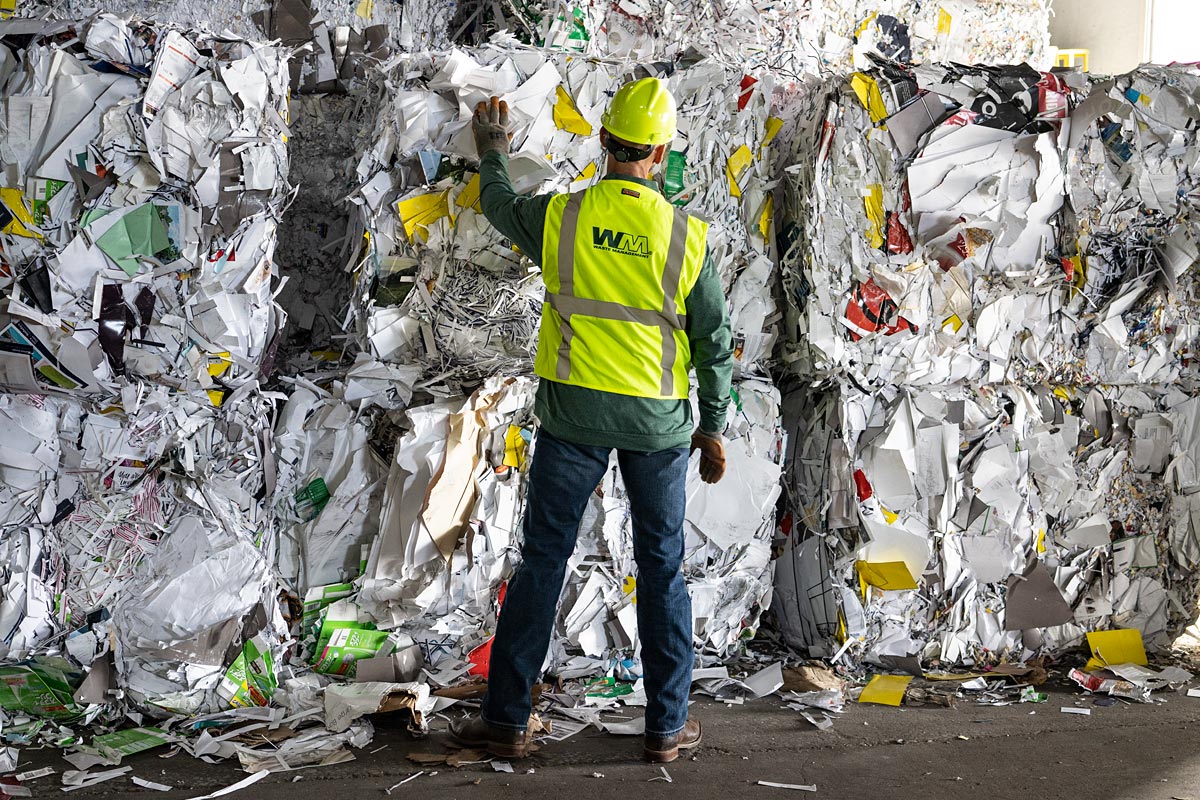
Waste Management (WM) is a comprehensive and multifaceted industry dedicated to the collection, disposal, recycling, and sustainable management of waste. As global concerns about environmental sustainability and resource conservation intensify, the work of Waste Management has become increasingly vital.If you’d like to know more about skip bin hire be sure to check out WM Waste Management Services. In this, we will delve into the diverse responsibilities and initiatives undertaken by Waste Management companies to address the challenges posed by waste generation and promote a cleaner, more sustainable future.
1. Waste Collection:
a. Residential Collection:
One of the primary functions of Waste Management is the collection of household waste. Waste management companies provide scheduled pick-up services, ensuring the proper disposal of residential waste, including household trash, recyclables, and yard waste.
b. Commercial and Industrial Collection:
Waste Management extends its services to commercial and industrial sectors, offering tailored waste collection solutions. This includes the removal of non-hazardous waste generated by businesses, manufacturing facilities, and construction sites.
c. Specialized Collection Services:
Waste Management companies often provide specialized collection services for items such as electronic waste (e-waste), hazardous materials, bulky items, and construction debris. These services aim to ensure the safe and responsible disposal of materials that require special handling.
2. Recycling Programs:
a. Single-Stream Recycling:
Waste Management plays a crucial role in promoting recycling efforts, with many companies offering single-stream recycling programs. Single-stream recycling allows residents and businesses to commingle recyclable materials such as paper, cardboard, glass, plastic, and metal in a single container, simplifying the recycling process.
b. Material Recovery Facilities (MRFs):
Waste Management companies operate Material Recovery Facilities where recyclable materials are sorted, processed, and prepared for recycling. MRFs use advanced technologies to separate different types of materials efficiently.
c. Promoting Sustainable Practices:
Beyond traditional recycling, Waste Management actively promotes sustainable practices such as composting and the recycling of organic waste. Composting initiatives contribute to reducing the volume of waste sent to landfills and provide valuable organic matter for soil enrichment.
3. Waste Disposal and Landfill Management:
a. Landfill Operations:
Waste Management companies manage landfill operations, ensuring the safe and compliant disposal of non-recyclable and non-compostable waste. Modern landfills incorporate advanced engineering practices to minimize environmental impact and comply with regulatory standards.
b. Landfill Gas-to-Energy Projects:
In an effort to harness renewable energy, some Waste Management companies implement landfill gas-to-energy projects. Landfill gas, produced by decomposing waste, is captured and converted into electricity or used as a renewable energy source.
4. Environmental Compliance and Sustainability:
a. Regulatory Compliance:
Waste Management operates within a complex regulatory framework to ensure compliance with environmental laws and regulations. This includes monitoring waste disposal practices, emissions, and other factors to protect the environment and public health.
b. Sustainability Initiatives:
Many Waste Management companies actively pursue sustainability initiatives, including the reduction of greenhouse gas emissions, increased recycling rates, and the integration of renewable energy sources into their operations. These efforts align with broader global goals to mitigate the impact of waste on the environment.
5. Innovation and Technology:
a. Waste-to-Energy Technologies:
Waste Management embraces innovative technologies, including waste-to-energy solutions. These technologies convert waste into energy through processes such as incineration or anaerobic digestion, contributing to both waste reduction and energy generation.
b. Smart Waste Management Systems:
The adoption of smart waste management systems allows Waste Management companies to optimize collection routes, monitor container fill levels in real-time, and enhance overall operational efficiency. These technological advancements contribute to more sustainable and cost-effective waste management practices.
6. Community Engagement and Education:
a. Public Awareness Programs:
Waste Management companies engage in public awareness programs to educate communities about responsible waste disposal practices, the importance of recycling, and the benefits of reducing waste generation.
b. Community Partnerships:
Building partnerships with local communities, schools, and businesses, Waste Management actively collaborates to enhance recycling rates, reduce litter, and foster a culture of environmental responsibility.
Conclusion:
The work of Waste Management is a multifaceted and dynamic effort to address the challenges of waste generation in an environmentally responsible manner. From waste collection and recycling to landfill management, sustainability initiatives, and community engagement, Waste Management companies play a pivotal role in shaping a cleaner and more sustainable future. As the world continues to grapple with the impact of waste on ecosystems and natural resources, the innovative and conscientious work of Waste Management remains integral to building a circular economy and minimizing the environmental footprint of human activities. Through ongoing advancements in technology, community partnerships, and sustainable practices, Waste Management contributes to the global mission of preserving our planet for future generations.







